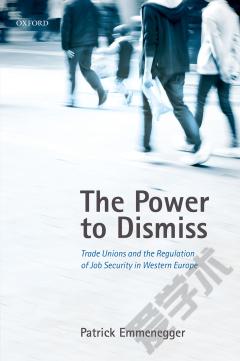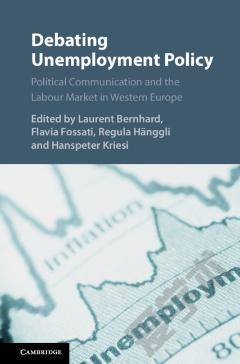The Power to Dismiss —— Trade Unions and the Regulation of Job Security in Western Europe
----- 解散权-西欧的贸易委员会与就业保障规定
-First detailed comparative and historical analysis of the politics of job security regulations, covering eight West European countries and more than 100 years -Provides a large amount of previously unavailable data on the level of dismissal protection and the regulation of temporary employment -Detailed analysis of labour market dualisation processes in the field of dismissal protection and temporary work This first comparative-historical analysis of the regulations that restrict the managerial capacity to dismiss employees and use temporary forms of employment addresses four puzzles that have long troubled the comparative political economy literature. Who is the driving force behind the extension of dismissal protection? Why is statutory dismissal protection particularly extensive in continental Europe? How can the uneven temporal development of job security regulations be explained? And what are the causes of the two-tier labour market reforms in recent decades? Analysing the historical development of job security regulations in Western Europe from the establishment of freedom of contract in the 19th century until the peak of two-tier labour market reforms in the 2000s, this book contributes to resolving these puzzles by emphasising the important role of trade unions, their preference for institutional control, and the strategic choices they make. Readership: Scholars and students of political science, especially those interested in comparative political economy, institutional change and comparative politics
{{comment.content}}








 京公网安备 11010802027623号
京公网安备 11010802027623号